How to stabilize blood sugar during COVID illness?
-
@Jennifer Did you take PenVK in your recovery, and if so, what was your protocol? Dose, frequency and for how long? Also, did you start with a half grain of Armour? How long before you felt improvement? I was able to get some Armour thyroid. Just super insomniac and high adrenaline by now. Did you try CynoPlus before that? If so, what was the comparison? I am also wondering about body size with regard to dosing PCN (and Armour). I am only 5 foot 1 in and rapidly gaining belly fat, now up to 116lbs. (started out about 112 lbs, with more muscle mass, which I am also rapidly losing)
-
@RPadmirateur, I was prescribed many antibiotics during my recovery, but not PenVK, no. The last one I was prescribed was a month long course of rifaximin (550 mg 3x a day) for hydrogen SIBO. The only synthetic thyroid I’ve taken is TyroMix and I didn’t fare well on it long-term so I’ve stuck with NDT ever since. I started on a 1/4 grain and didn’t feel improvements until I was up to 1 1/2, but they were felt almost immediately. For dosing, the best measure is temp and pulse rate, IME.
In regards to dosing antibiotics, you and I are a similar size (I’m 5’2” and just under 100 lb) and my doctors have always prescribed me the same, standard course of treatment that even people twice my size are prescribed so I don’t think body size matters much among adults. If I’m not mistaken, Ray recommended a starting dose of 200 mg and lowering it as soon as symptoms subside.
Regarding the insomnia and adrenaline, have you experimented with different protein sources? Back when I had a bad case of insomnia and was suffering daily adrenaline attacks, I did an elimination diet and discovered that dairy was the only protein that didn’t cause insomnia or trigger attacks. It’s also a very anabolic food, for me. I went from 80 lb to 95 lb in just a couple of months consuming 4 liters of raw milk and yogurt daily, and it was mostly muscle and bone, proven by DEXA.
-
@Jennifer So I assume that you were on 1/4 grain of Armour thyroid for 2 weeks, and every 2 weeks you dosed up by 1/4 grain or 1/2 grain? And each time you noticed that your temperature and pulse were too low, even with the adrenaline flowing? How did you discern a better pulse and temperature from the effects of the adrenaline and cortisol? Was that just by how you felt? Can you elaborate more on the insomnia that you had? Did you also have central, (brain) sleep apnea? Frequent waking? Did you wake up each time with an adrenaline rush? Was the raw milk and yogurt whole or what percentage fat did you consume in the milk and yogurt? Did you consume anything besides the milk and yogurt? During the adrenaline days/ nights, did you have problems with blood sugar dysregulation, REACTIVE hypoglycemia? (I know you said you had hypoglycemia, but was it of the reactive type, in response to consuming carbs?) In other words, were you able to tolerate much carbohydrate, or did the carbohydrate cause any problems? When you were drinking 4 liters of milk a day plus yogurt, did you add any juice or sugar or take in any other carbohydrates? And if your hypoglycemia was reactive hypoglycemia, did that simply resolve with taking more Armour? Did you have to go low carb until you were up to an adequate dose of thyroid? If so, what dose was the turning point? Any details you can provide on your diet over the course of your healing would be most welcome. Also, have you added any T3 in addition to what is already in Armour thyroid? Sorry if this seems scattered. I am just not sleeping hardly any at all.
-
@RPadmirateur, no worries about scattered posts. I understand. I started on 1/4 grain and increased my dose by 1/4 every two weeks, yes. To discern better temps and pulse rate from adrenaline and cortisol, I measure my temp and pulse rate 20–30 minutes after eating and take note of my extremities (feet, hands, nose and ears). If I’m running on stress hormones, my temp and pulse rate are lower after eating, and one or more of my extremities are cold within an hour as my blood sugar crashes and adrenaline cuts circulation to them to keep vital organs warm.
Regarding the insomnia, I had frequent waking, as frequent as every few minutes during an adrenaline attack. As I fell asleep, I experienced a falling feeling that would jolt me awake, followed by a racing heart, heat surging through my core to my head, shortness of breath, convulsions and syncope. And because the adrenals have to compensate for the thyroid when its function is poor, and systolic reflects adrenal function (and diastolic kidney function), my systolic would spike as high as 170 with the surge of adrenaline. This went on night and day for 6 months straight until I went against doctor’s orders and took an over-the-counter thyroid glandular. Within an hour the attacks ceased completely.
The raw milk and yogurt were both whole and semi-skimmed, and I consumed other foods, as well. My hypoglycemia was both reactive and non-reactive. If I had meat or starch, I had a hypoglycemic episode, and if I went too long without simple sugars, my blood sugar would crash (as low as 50). The first time in my life that I slept through the night without needing to pee was when I followed a fruitarian diet and my mum, who went years on no more than 2 hours of sleep a night, slept through the night when she greatly increased her sugar intake so maybe trial less protein and more carbs for a few nights to see if your sleep improves? And yes, my hypoglycemia resolved with more thyroid.
My diet during recovery varied between plant-based, animal-based, and both plant and animal based, but the foods were fairly consistent—simple carbs (fruit, jam, honey, maple syrup, raw sugar), dairy (raw A2/A2 milk, goat cheese, ice cream and shakes), eggs (omelettes and quiche) and seafood (scallops, crab and tuna), with gelatinous broth, hot dogs and beef teriyaki making a brief appearance. I kept a log on the old Ray Peat Forum where I posted pics of some of my weekly grocery hauls and have also posted some here. To give you an idea of what my diet consisted of:
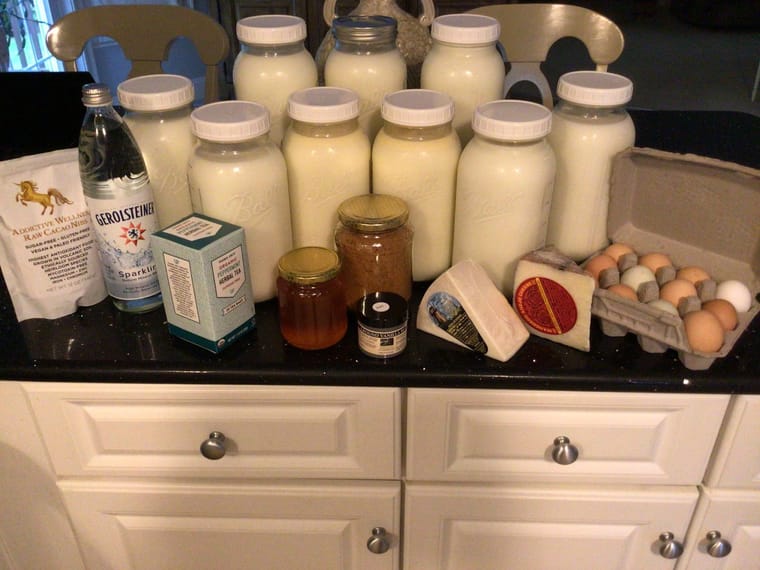
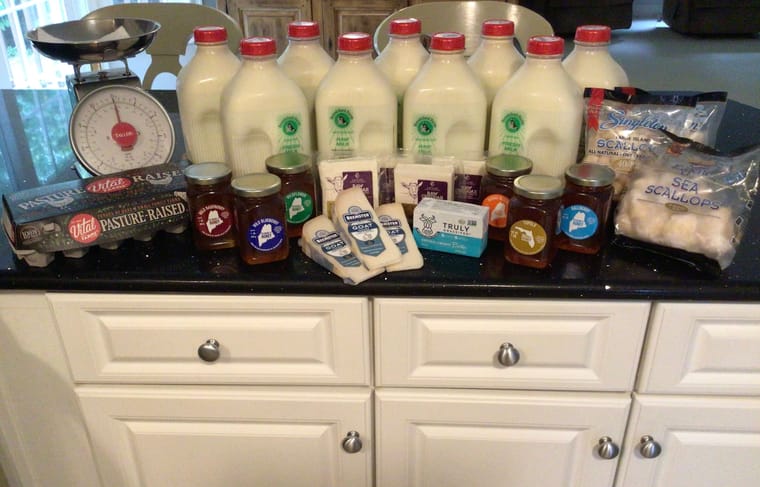


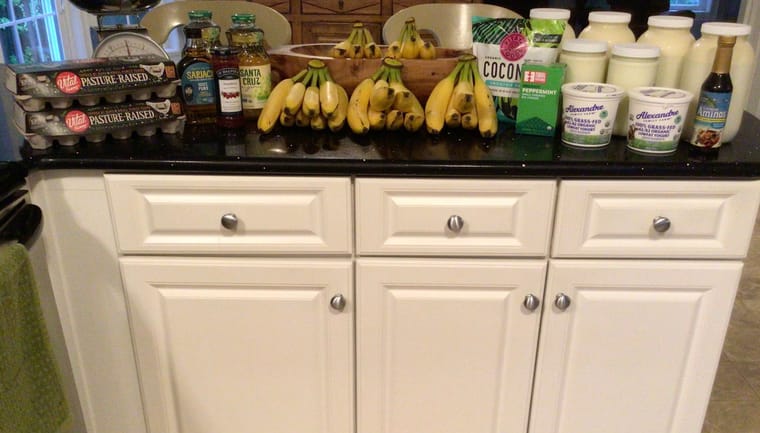


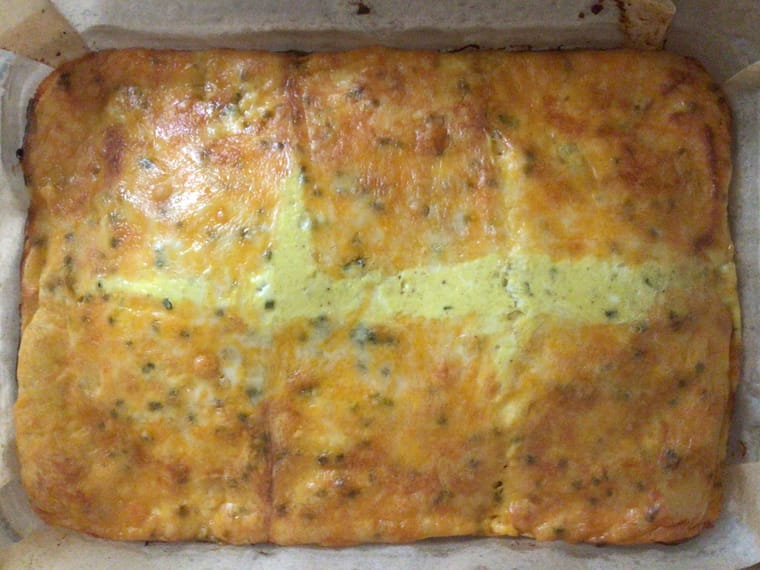
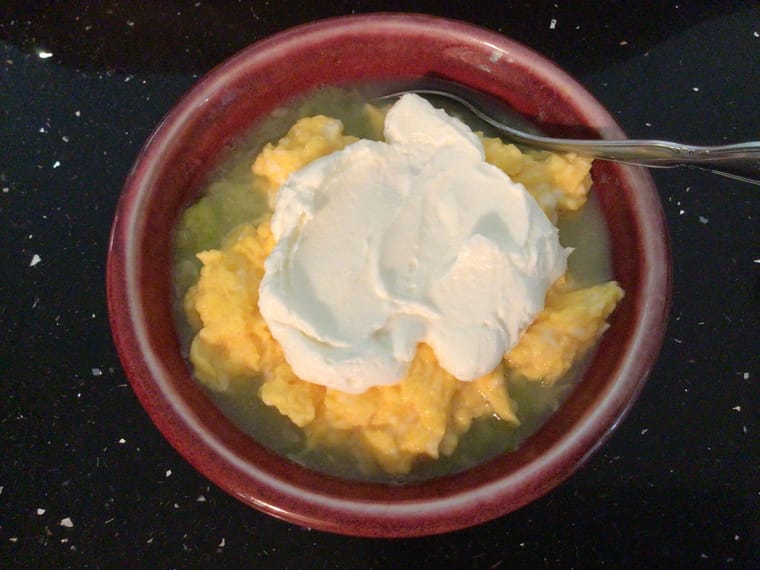
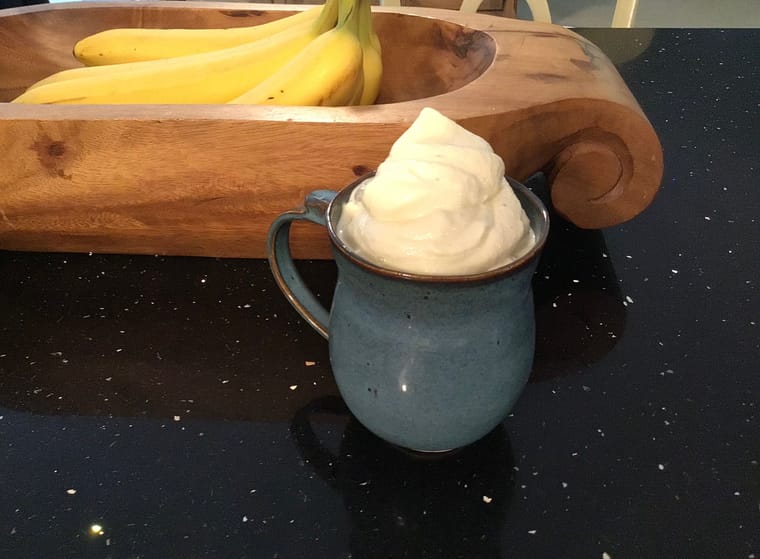
-
@Jennifer Wow, Jennifer, thank you so much for all of your detailed information! I am wondering how you managed your reactive hypoglycemia while consuming simple sugars. My systolic BP goes up with sharp swings in blood sugar, either in the upward or the downward direction. How were you able to transition into a fruitarian diet while having reactive hypoglycemia? Did you go very long without eating? And was there a concern for stomach emptying time, using whole milk, eggs, seafood and cheese? Can you give me an example of a day's worth of eating, with timing of the foods when you still were experiencing reactive hypoglycemia? And do or did you also consume food/ drink at night? If so, what did you have and when? Did and do you take your Armour Thyroid on an empty stomach or with food? How much do you take at any given time and how many times within a 24 hour period? Do you take Armour only, or do you add some extra T3? I left my phone number in a private message on this forum. Would you be willing to call me?
-
You’re welcome, @RPadmirateur.
 Thank you for letting me know you sent a PM as I wasn’t notified. My apologies if I gave you the impression that I’m a health professional, but I have no medical training so I don’t do consultations.
Thank you for letting me know you sent a PM as I wasn’t notified. My apologies if I gave you the impression that I’m a health professional, but I have no medical training so I don’t do consultations.Complex carbs triggered my hypoglycemia, but not simple sugars—the latter prevented it—and there was no transition to fruitarianism—I developed a severe case of gastritis when I had SIBO, which left me unable to digest anything but fruit. I didn’t go long without eating as that would crash my blood sugar, and there wasn’t a concern for stomach emptying time using dairy, eggs and seafood, no. I take 1 1/2 grains of Armour, no extra T3, with meals, this way I can safely go above the physiological dose of 4 mcg of T3 per hour. Since my diet varied when I still had hypoglycemia, I’ll give you an example day of eating that worked best for me and continues to:
When I first wake up (5:00 am): Tea (decaf or herbal) sweetened with honey or Dolcedi apple sweetener
Breakfast (7:00 am): Compôte with a chunk of raw cheese or flourless banana crêpes stuffed with strained yogurt and an all fruit jam (St. Dalfour), and a glass of juice
Snack (9:00 am): Hot, spiced cider
Lunch (11:30 am): A slice of crustless quiche (3rd pic from the bottom) or seared scallops with honey butter, a glass of raw milk and banana nice cream (last pic)
Snack (2:00 pm): Hot, spiced cider
Dinner (5:00 pm): Strained yogurt with jam or zucchini soup topped with eggs and strained yogurt (2nd pic from the bottom), a glass of raw milk, and a glass of juice
Snack (7:00 pm): Sweetened tea
Basically, I have fruit and animal protein at every meal and juice or tea between meals, and make sure to get sufficient calories throughout the day or else my sleep suffers.